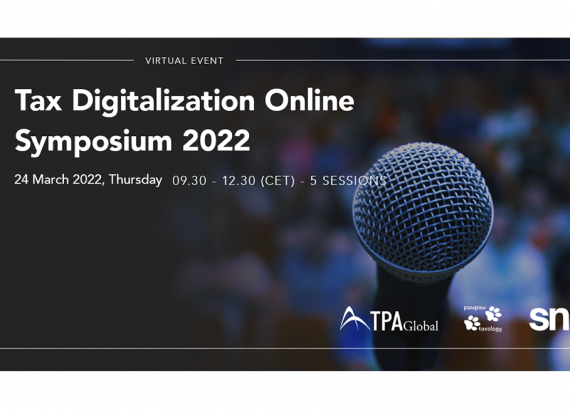Resources
E-Invoicing In Paraguay
Menu



Legislation
- General Resolution No. 95
- General resolution Nº105
Tax Authority
The SET (Subsecretaría de Estado de Tributación – State Undersecretariat of Taxation).
Mandatory Status
- e-Invoice
Mandatory - e-Filing
Mandatory
Format
XML
e-Signature
Not mandatory
Archiving
5 years
The tax authority, SET, has implemented the use of electronic invoices. In Paraguay, the
current electronic invoicing project began in 2017 and is divided into three phases: pilot,
voluntary, and mandatory.
EKUATIA is the name of the pilot plan to test the functioning of the new system for
issuing electronic tax documents, and Ekuatia is the tool used to carry it out. For the
country’s taxpayers to gradually join the Integrated Electronic Invoicing System (SIFEN),
the SET built the Ekuatia’i tool. Depending on when they were validated, an XML
document is called an Electronic Document (DE) or an Electronic Tax Document (DTE).
● DE: E-documents generated by an authorized electronic document issuer.
● DTE: Is a DE or e-document which has passed the validations to make it
an official tax document and therefore is archived in the SIFEN.
Companies that participated in the pilot program and were permitted to use e-invoicing
on a voluntary basis will be required to join the SIFEN regime and begin issuing
e-invoices on a regular basis. The pilot plan will be starting on 1 July 2022 also the tax
authority published the list of obliged taxpayers. The electronic invoice will become
mandatory on January 2, 2023, and will gradually expand in scope, and if it goes as
planned, this process is expected to be completed in the last quarter of 2024.
Electronic filing of tax returns is mandatory.
current electronic invoicing project began in 2017 and is divided into three phases: pilot,
voluntary, and mandatory.
EKUATIA is the name of the pilot plan to test the functioning of the new system for
issuing electronic tax documents, and Ekuatia is the tool used to carry it out. For the
country’s taxpayers to gradually join the Integrated Electronic Invoicing System (SIFEN),
the SET built the Ekuatia’i tool. Depending on when they were validated, an XML
document is called an Electronic Document (DE) or an Electronic Tax Document (DTE).
● DE: E-documents generated by an authorized electronic document issuer.
● DTE: Is a DE or e-document which has passed the validations to make it
an official tax document and therefore is archived in the SIFEN.
Companies that participated in the pilot program and were permitted to use e-invoicing
on a voluntary basis will be required to join the SIFEN regime and begin issuing
e-invoices on a regular basis. The pilot plan will be starting on 1 July 2022 also the tax
authority published the list of obliged taxpayers. The electronic invoice will become
mandatory on January 2, 2023, and will gradually expand in scope, and if it goes as
planned, this process is expected to be completed in the last quarter of 2024.
Electronic filing of tax returns is mandatory.





